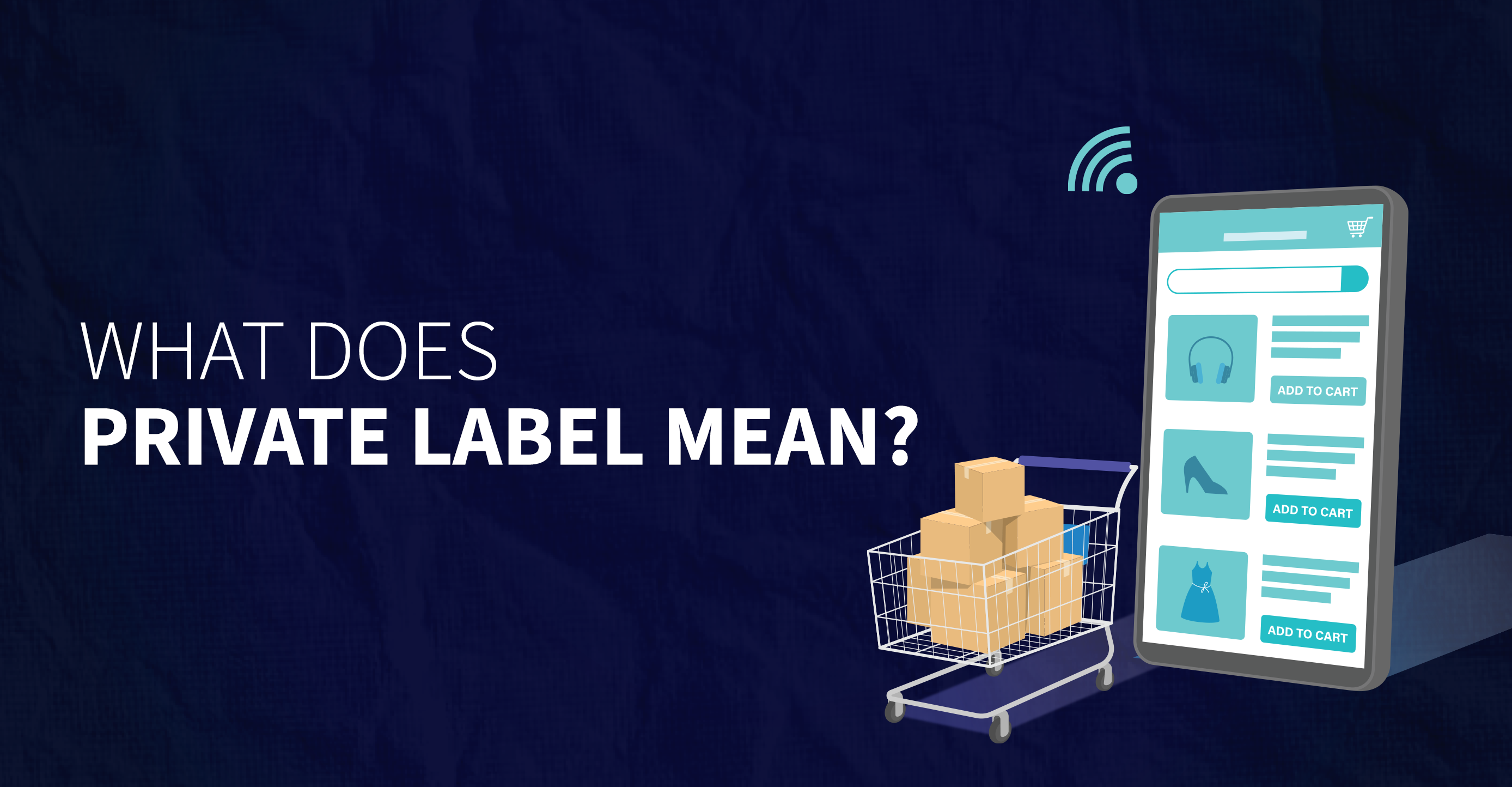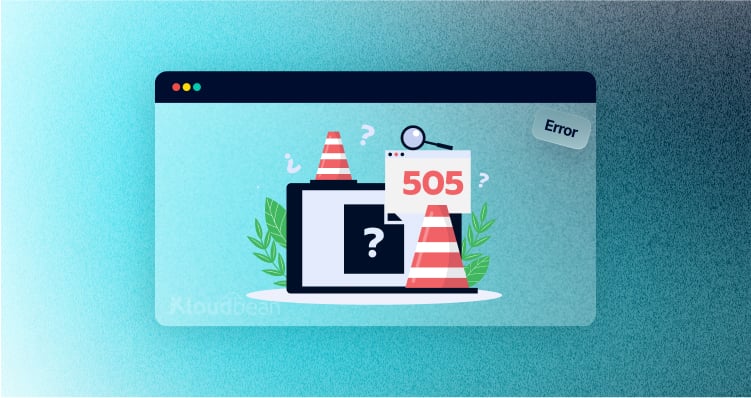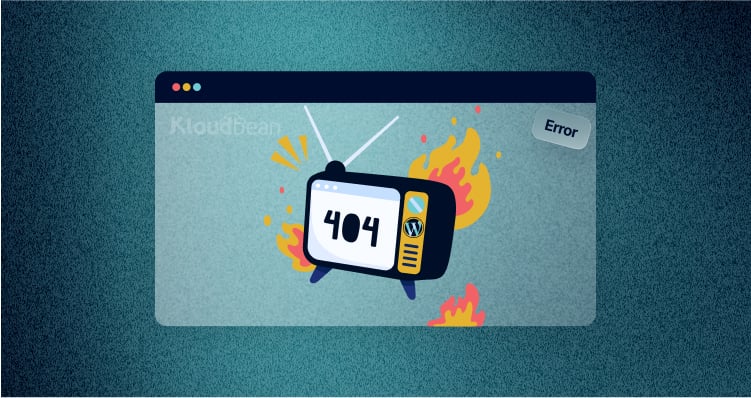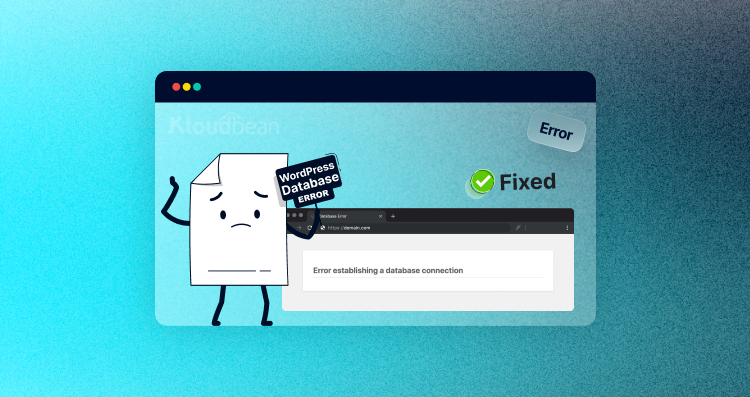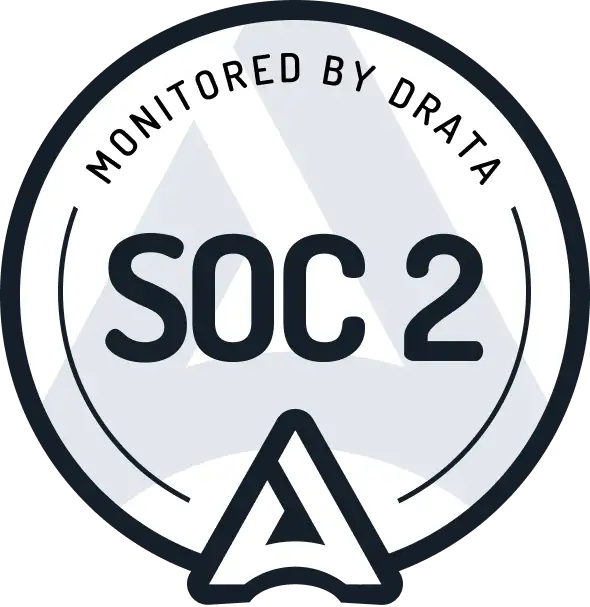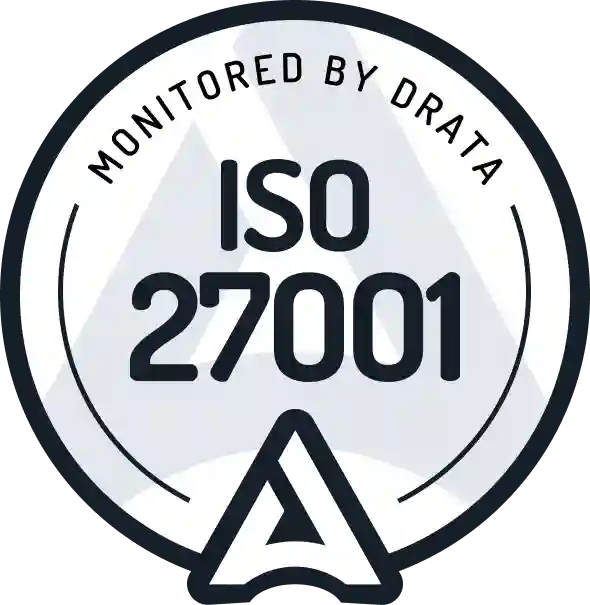What does Private label mean?
Most goods sold in stores and online come from suppliers. Not many brands make and sell their products directly to customers. This sales channel strategy is becoming more famous, but it is still not very common.
In contrast to companies that sell video conferencing solutions or other SaaS, many companies sell goods without using their own name or branding. That is unless they engage in the production of private label products. If you don’t know what the word means, keep reading. We’ll tell you exactly what these things are. Then we’ll list the most important pros and cons of each.
What Is a Private Label?
A private label product is one that a store has made by a third party but sells under its own brand name. Everything about the product or goods is up to the retailer. That includes the product’s specifications, how it’s packed, and everything else.
Then, private label goods are sent to the store to be sold. From the customer’s point of view, these are the company’s “own brand” goods. For instance, a seller of collaboration software might start a private label line of conference call hardware. These things would be made by another company. But they would be sold under the brand name of the first business.
In most areas of consumer goods, there are both branded and private label lines. Some examples of industries where private labeling is most common are:
- Grooming and personal care: Nail salons, hairdressers, and other places may sell nail paint, shampoo, and other products with their own labels.
- Food & Drink: The store’s own name of condiments, sauces, and other food items.
- Clothing: Clothing shops on the high street often sell their own lines as well as branded ones.
- Pet Food & Accessories: Pet shops that sell their own food, toys, and other items.
What’s good about private labels
So, why is private labeling popular in so many niches? Simply put, it’s because this method is good for stores of all sizes in many ways. Here are the four most important ones:
- Ability to change.
- Control over how things are made.
- Have power over prices.
- Have control over your brand.
Some stores get all of their goods from sellers. So, they depend on them to respond to what the market wants. If customers start to want new lines or features, it’s up to the sellers to change what they have to offer. This can take a long time.
When a store has its own brand of goods made, it can be more flexible. They can act faster if they see a change in how customers act. With a quick online video call, they can tell the company making the product how to change it.
Retailers don’t only have more power when they need to change quickly. Private labeling is also good because it gives you more control over production.
The store tells the maker of a private label product how to make it in every way. They can name the parts or ingredients. They can insist on exact specs, even for things as basic as the color or shape of a product.
When stores use private labels, they are in charge of the whole supply chain. They set and control the costs of production to make sure that the prices are the most profitable. The way things are made makes sure that the final edges are as healthy as possible.
The problem with selling branded products is that people don’t love your business. They are loyal to the people who make their best things, not the people who sell them. You can put your own name and brand on private label goods and their packaging.
Private labels have some problems.
In online or retail, nothing is ever black and white. Private labeling has a lot of good points, but there is also one major possible bad point.
- It’s hard to get people to like a brand.
In theory, putting your brand on goods is a great idea. In reality, though, it can be hard to get people to care a lot about a brand. In a niche, your private label lines often go up against well-known brands.
These brands that have been around for a long time have some big benefits over your private label lines. One thing is that they will be sold in a wider range of shops. Your own brand goods will be the only ones on your shelves. Brands that are national or international also have a much bigger budget for advertising their goods.
Conclusion
Private labeling is a choice that both internet and brick-and-mortar stores can make. It’s when a seller has products made to sell under their own name and with their own logo. The main good thing about this is that it gives stores more power. They decide what is made, how much it costs, and how it is branded. But it’s not easy to go up against well-known names and manufacturers.
